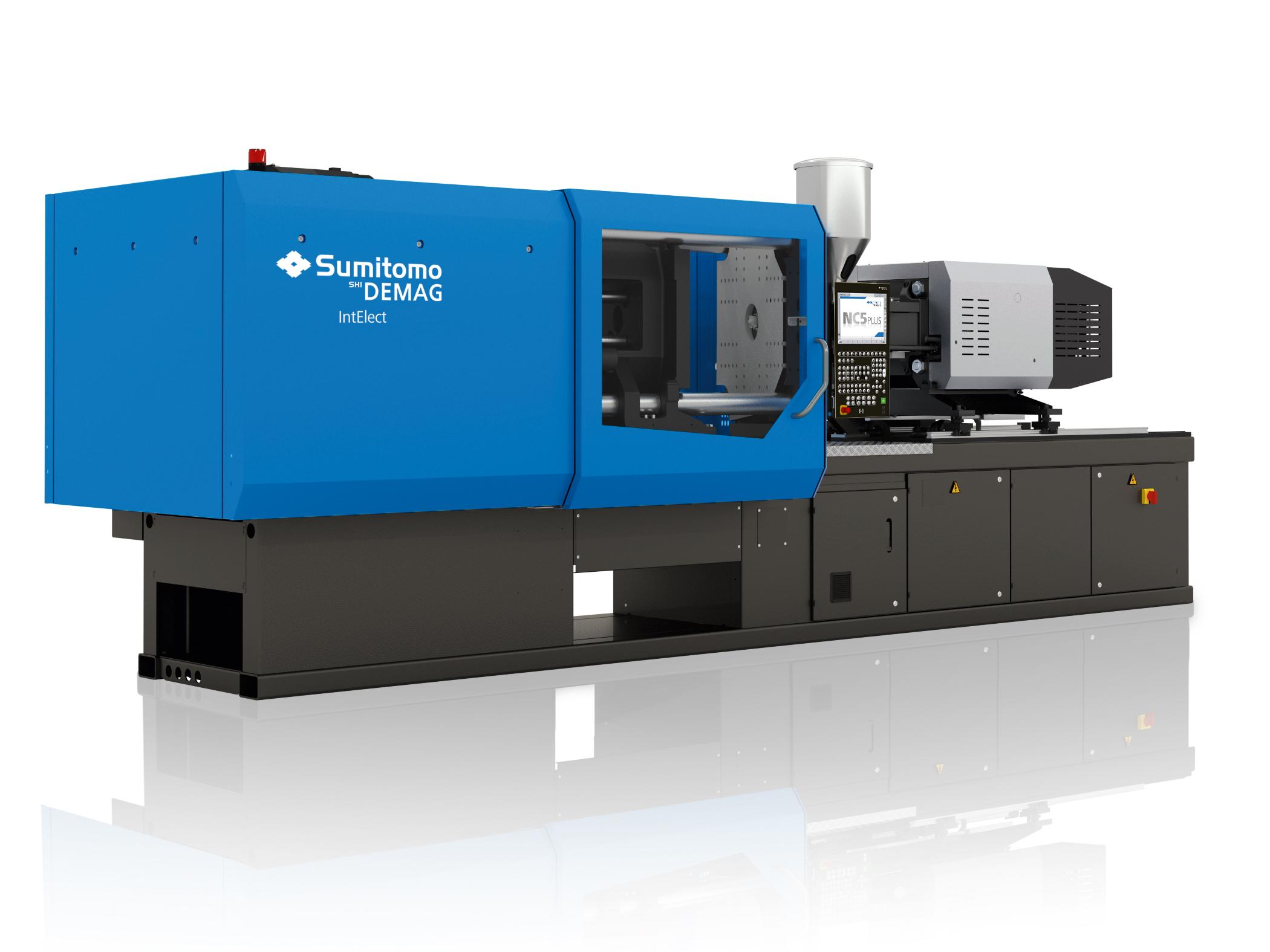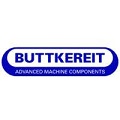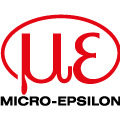
Posted to News on 24th Feb 2021, 09:40
All-electric moulding machine exceeds Essentra Components’ expectations
Cycle time and energy savings, reduced scrap rates and enhanced workforce health & safety all flagged up

As Essentra Components’ first all-electric moulding machine installation, the Kidlington plant recently put its new Sumitomo (SHI) Demag IntElect 50 ton through its paces, trialling over 50 different applications and tools.
Performing tests against the same tonnage hydraulic machine of similar specification, divisional process development manager Chris Butler disclosed that both the all-electric cycle times and energy savings surpassed all of his expectations.
Consistency of process, huge cycle time and energy savings, reduced scrap rates and enhanced workforce health & safety are among the benefits reported by Essentra Components following a series of hydraulic versus all-electric like-for-like tests, it says.
“What we were expecting versus what we documented during the trials was exceptional,” states Butler, who has taken charge of a large-scale project to analyse the age, condition and sustainability of the company’s combined fleet of 419 moulding machines spread across 13 countries.
Specifically, he was interested in strategically proving that the improvements that could be realised by taking the all-electric route would enable Essentra Components to maintain its capacity, while also shrinking its machine count and lowering the company’s overall carbon footprint without compromising output, cycle speed or moulding quality.
Unequivocal evidence
Through a series of trials completed over the summer months, Essentra Components has collated all the raw data it needs to push forward with its investment strategy of replacing legacy hydraulic with all-electric machines. This evidence all bodes well for the moulder’s future sustainability and production capacity developments.
As a result of the improved process control and the IntElect’s quicker clamp unit/linear movements, the trials revealed an average 24 percent cycle time saving. Putting this into context, Butler notes that across the entire fleet they could potentially install, run and maintain 100 fewer injection moulding machines if replacing hydraulic with a like-for-like all-electric precision machine.
“The capacity gains in one test for just particular job where we make 1.6 million parts annually, equated to saving 248 hours production hours annually. That is an exceptional saving,” he points out.
32% saving
In a separate trial, Sumitomo (SHI) Demag’s technical manager Nick Stockton replicated the exact product processing, shot weight, cycle time and machine tonnage to document energy improvements. Previously consuming 6.31 KWh at an average cost of £0.78 p/h, on the new IntElect this dropped to 4.3KWh. This 32% saving was gained without adjusting any of the process steps.
Even when slightly optimising the process and reducing the cycle time by 1.10 seconds, all the test data and energy savings remained consistent. Yet, by cycling quicker, the component yield goes up. “With the optimised cycle time, the volume of material we processed per hour increased by nearly a third compared to the hydraulic machine. So, we are essentially making more mouldings at virtually the same energy cost,” explains Butler.
Zero process deviations
Another IntElect attribute that impressed the moulding team was the stability of the moulding process. When monitoring the entire sequence from mould open and close to injection time, screw position, melt cushion and injection pressure peak, zero deviations from cycle-to-cycle were consistently reported.
Having worked in the sector for more than 30 years around machines of all types, he affirms that this was the benefit that really stood out. “I was amazed. The IntElect hits its injection time every single time consistently. That for me in world class manufacturing.”
Additionally, this process consistency enables Essentra Components to set extremely tight tolerances around these important parameters. “It gives us a very high consistency of part, reducing machine process downtime and part scrap rates. From a sustainability viewpoint, this further strengthens the rationale for all-electric.”.
Automation savings
The manual sorting and separation of sprues was always a labour-intensive task the generated a lot of waste and was a health and safety risk for workers walking in the vicinity of the machine. Integrating a servo drive robotic system onto the 50-ton IntElect has eliminated this manual process. Again, tests proved the concept, with manual checks equating to over 9% of parts being lost versus 0.01% with the deployment of a simple automation configuration.
Kidlington’s new robotic handling system funnels parts where they need to go and removes waste plastic on ejection. In a lot size of quarter of a million, the trial reported just 26 lost parts. “That’s a crazy difference which again significantly increases yield. Although we have robotics on other machines, this is our first fully integrated system. It’s proven easy to use and the performance is exceptional. Plus, with the safety guard activation and sprue picker, health and safety and working at height hazards have been virtually eliminated.”
On the basis of these tests, Kidlington is planning a full switch to all-electric over the next decade. Other divisions are also leveraging this valuable data to justify future machine replacements. “With over 20,000 mould tools spread across the Essentra Components division, machine flexibility and program standardisation are vital. We regularly move tools and even the machines between our sites. Training is also critical to achieving the highest processing consistency. We use Sumitomo (SHI) Demag for all of our training as the quality is so high.”
To date, more than 40 team members from Kidlington have attended courses delivered by the Sumitomo (SHI) Demag Academy.
Valuable and insightful
Butler’s ambition at the start of this IntElect trial project was to determine whether an all-electric machine could deliver the capabilities and improvements needed to be more sustainable and shrink the company’s machine count long term.
He concludes: “These trials have been extremely valuable and insightful. The energy and cycle time savings made have been nothing short of remarkable. And from a performance perspective, the IntElect system fits our strategy and where we want be from a sustainability point of view.”
As part of Sumitomo (SHI) Demag’s support service, legacy and competitor moulding systems can all undergo energy tests. Providing a clear benchmark and robust data, customers can then make an informed investment decision, it states, with all the facts to hand.






























